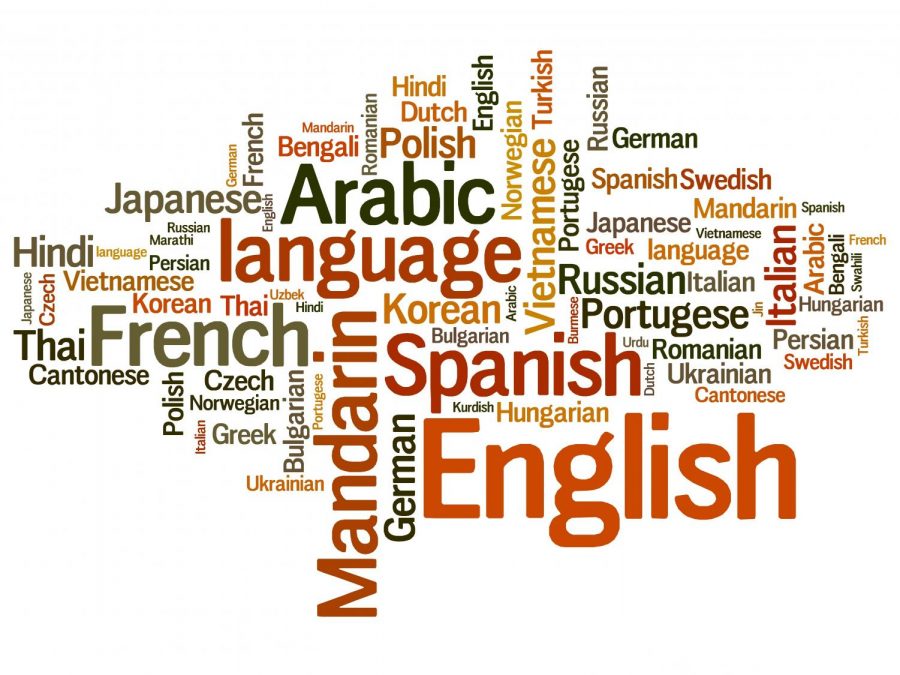Multilingualism
A Modern Phenomenon
“Multilingualism is a source of strength and opportunity. It embodies our cultural diversity and encourages the exchange of views, the renewal of ideas and the broadening of our capacity to imagine.” –Irina Bokova, Director General of UNESCO (2009-2017)
Whilst there is an ongoing debate around the true definition of multilingualism, it operates on the basic concept of an individual being able to competently speak and understand more than one language. In an internationally integrated society, this is becoming a rather common feat, with approximately 60 to 75 percent of the world’s current population speaking at least two languages. The most common of these are Chinese, Spanish, English, Hindi and Arabic – making up only five of the estimated 6500 languages spoken in the 21st century. In fact, whilst most countries have one or two official national languages, my home country, South Africa, has eleven, whilst Bolivia has thirty-seven – a clear demonstration of the modern shift towards the encouragement of multilingualism. Renowned international organisations, such as the United Nations (UN), as well as the World Health Organization (WHO), also fully support this, with the latter stating that, “Multilingual communication bridges gaps and fosters understanding between people.”
The ability to speak multiple languages is not only useful in everyday life, but also has benefits in the workplace, as numerous international businesses and organisations shift their focus to employ multilingual individuals. A survey conducted by Forbes in 2019 found that nearly 35% of business owners and employers significantly valued an employee’s ability to speak another language (beside English), and would offer higher pay, or introduce promotions as a result of this. A further 54% of employees considered their knowledge of a second language as a key part of their current job – and all with good reason. Whilst English is largely considered as the official corporate language, and is certainly a key part of building consistent communication within a company, more than two thirds of the approximate 1.5 billion global English speakers use it as their second, rather than first language. For companies aiming to flourish within an international market, therefore, the ability to use employees who share an area’s native language is a key distinguishing factor. It not only allows for better client relationships, but also provides a more innate marketing strategy, as it displays a better understanding and interest in local culture.
The cognitive benefits of multilingualism have also become a growing area of research within recent decades, as studies suggest that it is not only conducive to better executive functioning, but may also delay the onset of Alzheimer’s. Executive function relates to certain cognitive processes (such as working memory, attentional control, reasoning and problem solving), and is a vital part of human behaviour. Experimental research conducted by psycholinguist, Professor Panos Athanasopoulos of Lancaster University, highlighted that multilingual individuals were not only more decisive, but also more accurate on cognitive conflict resolution tests – indicating better executive functioning. This in turn translates to better multitasking and productivity capabilities. In addition to this, various studies have found a link between the delayed onset of neurodegenerative diseases, such as Alzheimer’s, and multilingualism – showing that individuals who spoke multiple languages would experience symptoms up to five years later than their monolingual counterparts.
Evidently, the modern shift to the encouragement and widespread development of multilingualism is one of importance, because, as psycholinguist Frank Smith stated: “One language sets you in a corridor for life. Two languages open every door along the way.”













